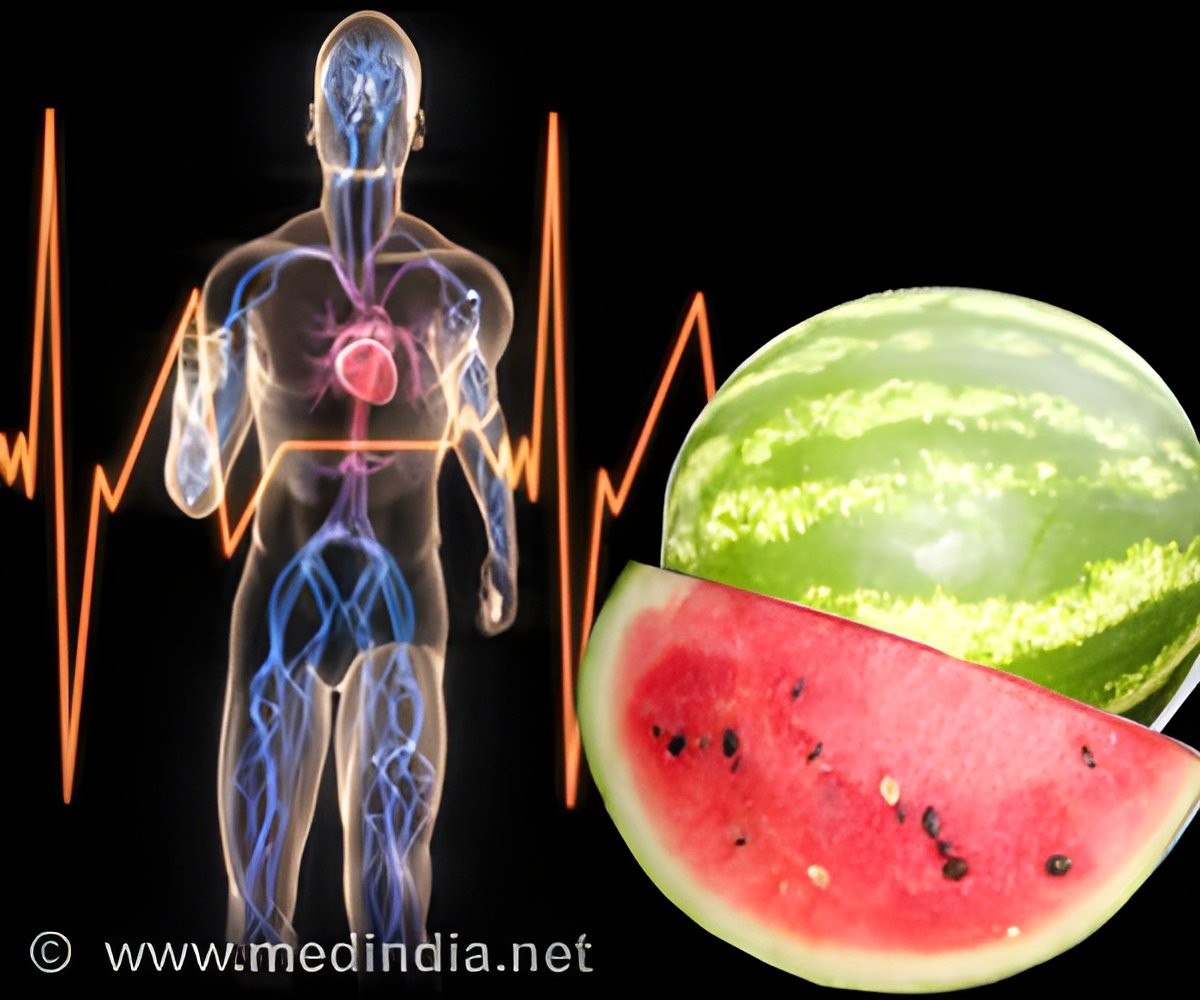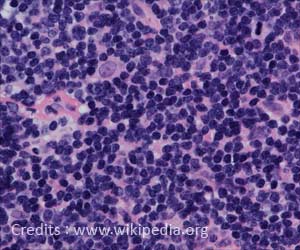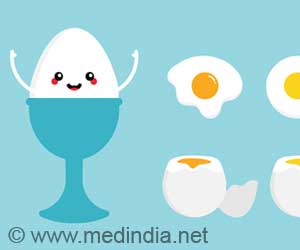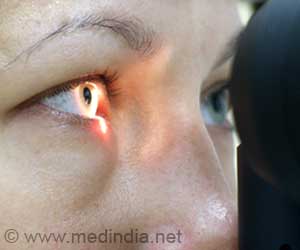Citrulline found in watermelon can improve heart health and control weight gain, shows a research from the Purdue University and University of Kentucky.

Watermelon (Citrullus lanatus) possesses many bioactive compounds including citrulline that has shown to influence atherosclerosis. So, in a joint study from Purdue University and University of Kentucky, Aruna Poduri and colleagues, investigated the effects of extracts of watermelon‘sentinel’ variety on atherosclerotic mice.
They divided 8-week old high-cholesterol induced atherosclerotic male mice into two groups. Both groups were given diets high in saturated fats and cholesterol but the experimental group was given water containing 2 percent watermelon juice (C. lanatus ‘sentinel’ extract), while the control group received the same amount of water containing 2 percent of mixture of matching carbohydrates. The mice were fed this diet for 12 weeks.
The findings were:
• The watermelon extract group showed 50 percent decrease in atherosclerosis without affecting systolic blood pressure.
• This group was also found to have 50 percent less LDL or the bad cholesterol.
• The experimental group had lower fat mass without influencing lean mass than the control group.
Shubin Saha, another co-author of the study and Vegetable Extension Specialist at Purdue University, said ‘About 20 percent of each year's watermelon crop is wasted either because the fruit is visibly unappealing to consumers or because some growers find it too expensive to pay for harvesting as prices drop during the height of watermelon season’. He therefore suggested that the wasted melons could be used for ‘extracting beneficial compounds’.
Shubin Saha is interested in continuing to investigate how concentrations of citrulline and lycopene found in watermelon affect health, and also whether other varieties of watermelon have more health benefits.
Reference:
http://www.jnutbio.com/article/S0955-2863%2812%2900154-4/fulltext
Source-Medindia














